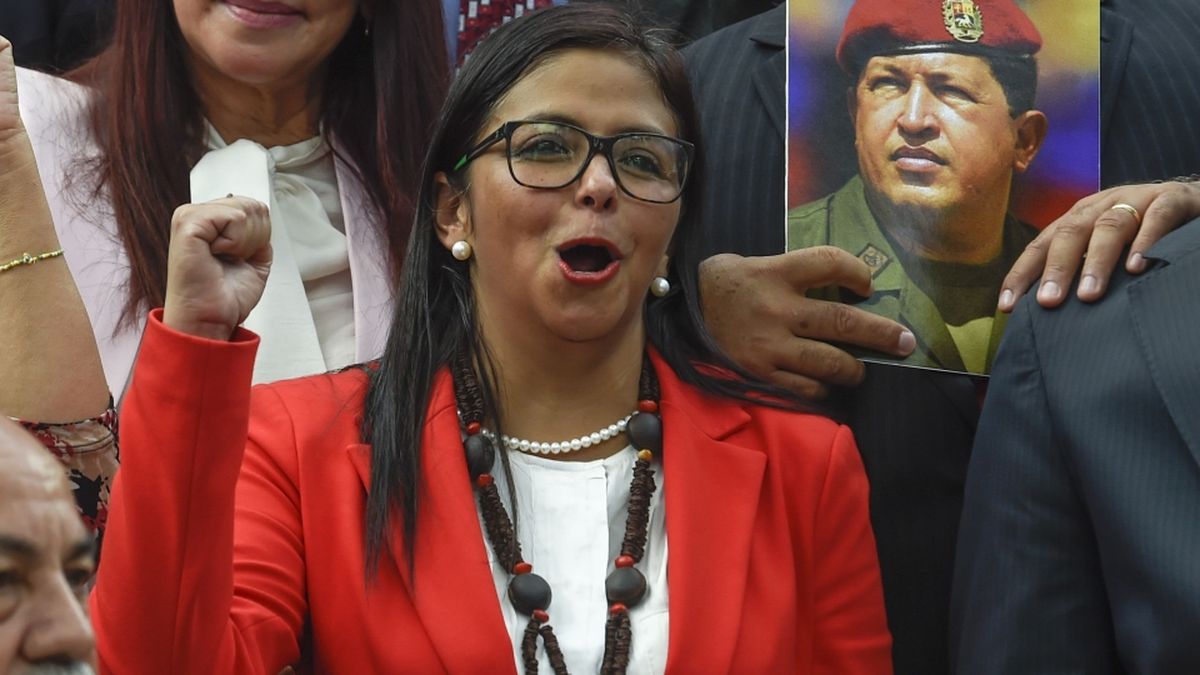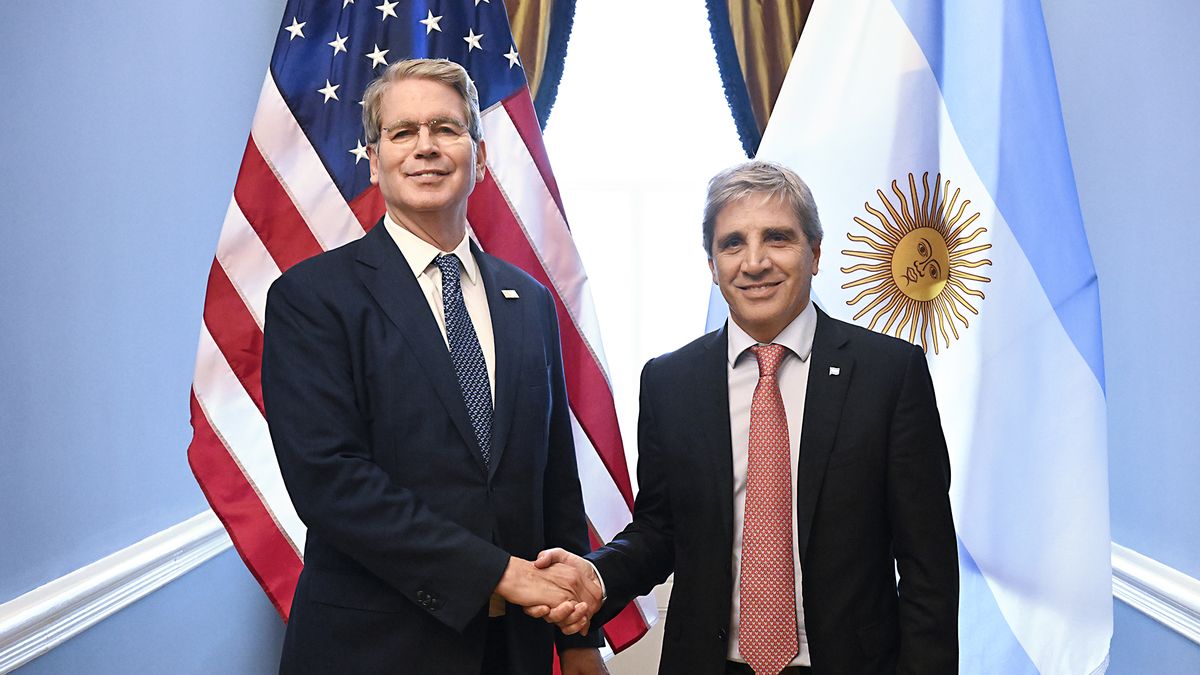The states can continue to use money from Berlin to plan for their daycare centers. However, the funds can only be used temporarily to reduce contributions. What are they intended for instead?
In the next two years, the states will each receive around two billion euros from the federal government for their daycare centers to improve the childcare services on offer. The federal cabinet passed a corresponding resolution on Tuesday in the so-called circulation procedure, as the Federal Ministry for Family Affairs announced on Wednesday morning. The draft law to update the so-called daycare quality law must now be passed by the Bundestag and Bundesrat.
Money primarily for recruiting staff
According to the ministry, the money is intended for more childcare positions, for example to improve the childcare ratio and extend opening hours or to strengthen daycare management. It can also be invested in the areas of catering, exercise, language development and child day care, but at least one measure to recruit and retain skilled workers must be implemented with it. This could be an expansion of training capacities or investments in lateral entry or further qualification.
Personnel shortage in the West – possible surplus in the East
The situation varies from state to state. According to calculations by experts at the TU Dortmund, there will be a staff shortage of up to 90,000 skilled workers in daycare centers in the west by 2030. In eastern German states, however, there could even be a staff surplus due to falling child numbers. The ministry believes that federal funds could be used to retain existing staff and invest in quality improvements.
Federal Minister for Family Affairs Lisa Paus (Greens) said it was important that, despite tight budgets, it had been possible to provide around four billion euros for daycare centers over the next two years. “This is a strong signal for better daycare quality in Germany. Whether children grow up in Munich, Halle or Gelsenkirchen: our goal is to achieve the same standards in early childhood education in all daycare centers.”
Money can only be used temporarily to lower daycare fees
In future, the funds may no longer be used to improve the spatial design. According to the ministry, they may only be used to reduce daycare fees until the end of 2025. However, an increase in daycare fees is not to be expected, it is also said. Only six states – Bavaria, Mecklenburg-Western Pomerania, North Rhine-Westphalia, Saarland, Saxony-Anhalt and Thuringia – are using the federal funds at all to finance lower daycare fees. The Ministry of Family Affairs had already pointed out that the state of Berlin, for example, where daycare is largely free for everyone, uses its own funds for this purpose.
Continuation of Giffey’s “Good Daycare Law”
Actually, daycare centers, like schools, are the responsibility of the states. Under the former Minister of Family Affairs Franziska Giffey (SPD), the federal government had begun to provide the states with special financial support in this area. Giffey christened the corresponding law at the time the “Good Daycare Law”. The core: The federal government gave the states 5.5 billion from sales tax revenues. In return, they committed to investing the money in certain improvements to their daycare centers. The law expired at the end of 2022. The traffic light government decided on follow-up funding for 2023 and 2024 of two billion euros each year and finally agreed in the long night session on the budget at the beginning of July to continue the funding in 2025 and 2026.
No nationwide daycare standards
Contrary to what was provided for in the coalition agreement, the draft law does not set out uniform national standards for childcare. The states have indicated that this is not yet feasible due to different starting conditions. Baden-Württemberg’s Minister of Education Theresa Schopper (Greens) also stated after the cabinet decision in Berlin that she expressly welcomed the fact that the draft law takes into account the diverse starting situations in the states, “because overly strict national standards would help neither our children nor their parents if there is currently simply not enough staff locally to actually implement them.”
Source: Stern
I have been working in the news industry for over 6 years, first as a reporter and now as an editor. I have covered politics extensively, and my work has appeared in major newspapers and online news outlets around the world. In addition to my writing, I also contribute regularly to 24 Hours World.




